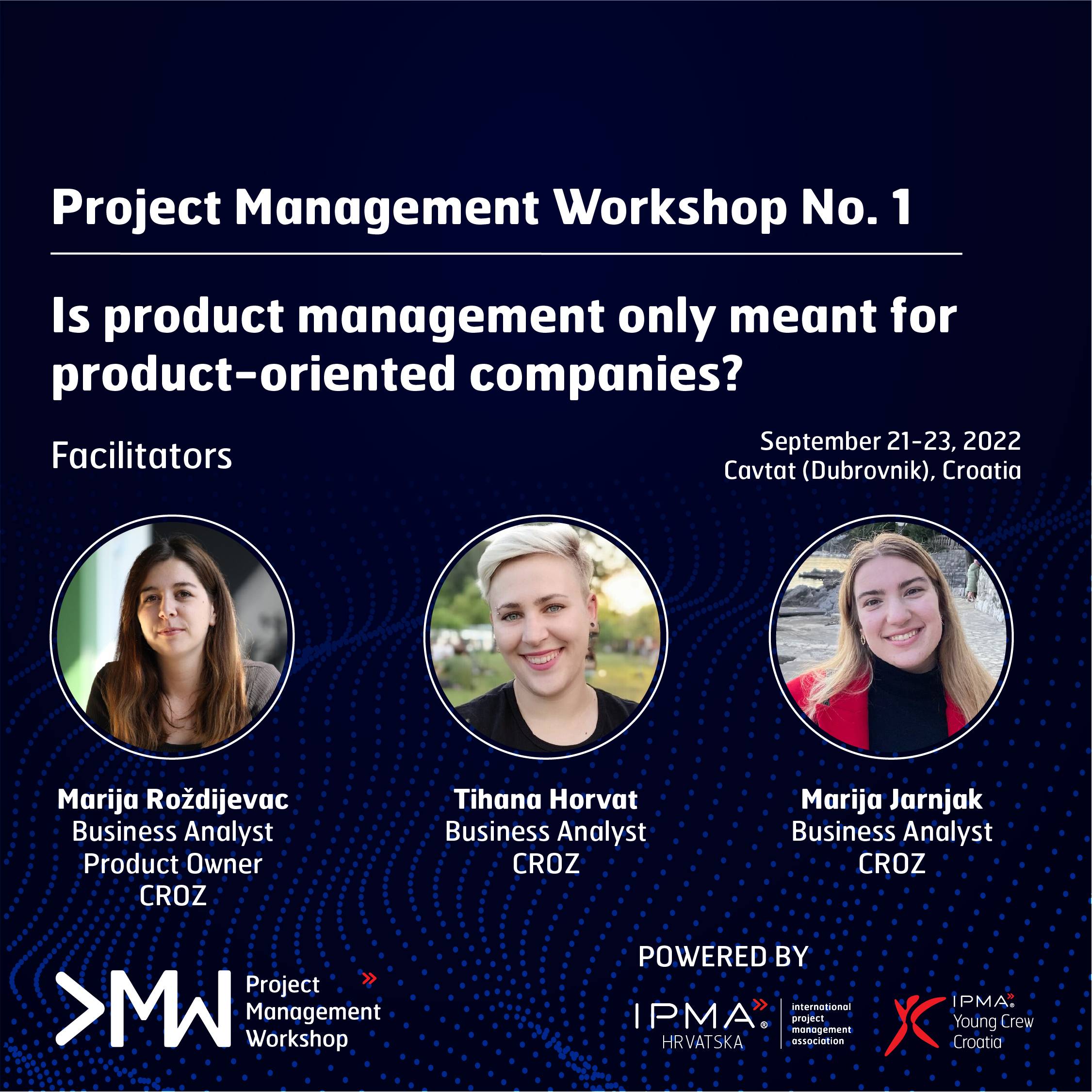
Education is not complete without management. It involves collaboration among many educational professionals. This collaboration involves sharing information and goals among other stakeholders, including faculty. The exchange of feedback is also possible. The technology advancements of today are an important ally in education management, inside and outside the classroom. Digital technology has made it possible for educational systems to be managed. This article describes some of these ways technological innovation may benefit educational institutions.
Principles of democratic educational administration
School administrators must encourage student participation in educational decisions according to democratic educational management principles. They should recognize that teachers want to express their opinions and often feel frustrated when they are not allowed to. To ensure the success of schools, it is important to give teachers the opportunity to contribute their individual intelligence to decisions made.
As educational administrators, it is our responsibility to promote democratic educational management. This involves consulting with students, specialists, and other community members. This will ensure a stable social environment in our school. It is important to emphasize the importance of democratic day-today events for our students. These are just two of the guiding principles for our educational decisions.

The sharing principle is a belief that all students should share their responsibilities and goals in education institutions. This principle will encourage everyone to feel a shared responsibility for the school’s success. Students, teachers, and administrators all share the responsibility for the quality of education. Planning becomes an equal effort by all involved.
Need for qualified personnel in education management
All areas of education have a need for qualified professionals in educational management. These professionals can be teachers or administrators. No matter what their role is, education management professionals must have the ability to lead and manage a group. These professionals work closely with students, teachers, and staff.
A wide variety of skills are required for those who want to pursue a career in education management. This includes leadership skills and research skills. A professional background and advanced degrees are also important for those who want to apply new educational concepts in a practical setting. Bradley University offers an online Ed.D. program for professionals who want to earn advanced degrees in education management and gain experience in the sector. The program's faculty members are highly qualified and offer flexibility in scheduling.
A graduate degree in educational management is necessary for many positions in education management. This program addresses issues pertinent to this field. These include diversity and community, curriculum development, management, and curriculum. Students will also take classes in financial reporting, human resource management, and other business-related subjects.

Educational management challenges
Educational management is facing many challenges in today's complicated world. Many of these challenges require a shift from traditional teaching and learning to a holistic approach to the student's needs. Education today must be flexible and adaptable to the new world, but maintain current practices.
Education is always in flux. It is important that educational institutions stay efficient and productive. Educational institutions face many difficulties, including the challenge of managing projects and teams. Education projects are complex and often involve many stakeholders, as well as a variety of personalities. The educational sector must also be able meet the growing demand for education services. There are many methods for managing educational projects that can be used to assist educators in overcoming these difficulties and ensuring the success of educational programs.
Education management must adapt to changing technology and social structures. Technology has dramatically changed the nature of learning. Educational management must adapt.
FAQ
How does a manager learn to manage?
Through demonstrating good management skills at every opportunity
Managers should monitor the performance and progress of their subordinates.
If you notice your subordinate isn't performing up to par, you must take action quickly.
It is important to be able identify areas that need improvement and what can be done to improve them.
What are the most common errors made by managers?
Managers can make their jobs more difficult than necessary.
They may not assign enough responsibilities to staff members and provide them with inadequate support.
Many managers lack the communication skills to motivate and lead their employees.
Some managers set unrealistic expectations for their staff.
Some managers may try to solve every problem themselves instead of delegating responsibility to others.
What role does a manager have in a company's success?
There are many roles that a manager can play in different industries.
In general, a manager controls the day-to-day operations of a company.
He/she makes sure that the company meets its financial obligations, and that it produces goods or services that customers desire.
He/she ensures that employees follow the rules and regulations and adhere to quality standards.
He/she plans new products and services and oversees marketing campaigns.
How can we create a culture of success in our company?
Successful company culture is one where people feel valued and respected.
It is based on three principles:
-
Everyone has something to contribute
-
Fair treatment of people is the goal
-
It is possible to have mutual respect between groups and individuals
These values are evident in the way that people act. For example, they will treat others with courtesy and consideration.
They will listen to other people's opinions respectfully.
And they will encourage others to share ideas and feelings.
Additionally, the company culture encourages open communication as well as collaboration.
People feel safe to voice their opinions without fear of reprisal.
They know that they will not be judged if they make mistakes, as long as the matter is dealt with honestly.
Finally, the company culture promotes integrity and honesty.
Everyone knows that they must always tell truth.
Everyone is aware that rules and regulations apply to them.
Everyone does not expect to receive special treatment.
How does a manager motivate their employees?
Motivation is the desire for success.
It is possible to be motivated by doing something you enjoy.
Another way to get motivated is to see yourself as a contributor to the success of the company.
If you are a doctor and want to be one, it will likely be more rewarding to see patients than to read medical books every day.
The inner motivation is another type.
For example, you might have a strong sense of responsibility to help others.
Or you might enjoy working hard.
Ask yourself why you feel so motivated.
Then try to think about ways to change your situation to be more motivated.
Statistics
- This field is expected to grow about 7% by 2028, a bit faster than the national average for job growth. (wgu.edu)
- Our program is 100% engineered for your success. (online.uc.edu)
- 100% of the courses are offered online, and no campus visits are required — a big time-saver for you. (online.uc.edu)
- UpCounsel accepts only the top 5 percent of lawyers on its site. (upcounsel.com)
- Your choice in Step 5 may very likely be the same or similar to the alternative you placed at the top of your list at the end of Step 4. (umassd.edu)
External Links
How To
How can you implement Quality Management Plan (QMP).
The Quality Management Plan (QMP) was established in ISO 9001. It is a systematic way to improve processes, products and services. It focuses on the ability to measure, analyze and control processes and customer satisfaction.
QMP is a method that ensures good business performance. QMP helps improve production, service delivery and customer relationships. QMPs must include all three elements - Products, Services, and Processes. When the QMP includes only one aspect, it is called a "Process" QMP. QMP stands for Product/Service. QMP is also used to refer to QMPs that focus on customer relations.
When implementing a QMP, there are two main elements: Scope and Strategy. They are defined as follows:
Scope is what the QMP covers and how long it will last. For example, if your organization wants to implement a QMP for six months, this scope will define the activities performed during the first six months.
Strategy: These are the steps taken in order to reach the goals listed in the scope.
A typical QMP comprises five phases: Planning and Design, Development, Construction, Implementation, Maintenance. Below is a description of each phase:
Planning: This stage identifies and prioritizes the QMP's objectives. To get to know the expectations and requirements, all stakeholders are consulted. Next, you will need to identify the objectives and priorities. The strategy for achieving them is developed.
Design: This stage involves the creation of the vision, mission, strategies and tactics necessary to implement the QMP successfully. These strategies are then put into practice by creating detailed plans.
Development: Here the development team works toward building the necessary resources and capabilities to support the successful implementation.
Implementation involves the actual implementation using the planned strategies.
Maintenance: Maintaining the QMP over time is an ongoing effort.
The QMP must also include several other items:
Stakeholder Engagement: It is crucial for the QMP to be a success. They are required to actively participate in the planning, design and development of the QMP, as well as the implementation and maintenance phases.
Initiation of a Project: A clear understanding and application of the problem statement is crucial for initiating a project. In other words, the initiator needs to know why they want to do something and what they expect from the outcome.
Time frame: It is crucial to know the time frame for the QMP. You can use a simplified version if you are only going to be using the QMP for short periods. However, if you have a long-term commitment, you may require more elaborate versions.
Cost Estimation is another important aspect of the QMP. Without knowing how much you will spend, planning is impossible. Cost estimation is crucial before you begin the QMP.
QMPs should not be considered a static document. It is constantly changing as the company changes. So, it should be reviewed periodically to make sure that it still meets the needs of the organization.